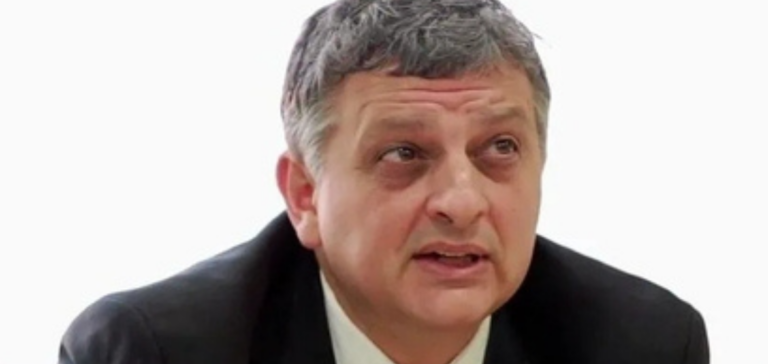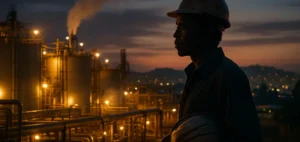The appointment of Horacio Marín as the new head of YPF marks a significant step in the country’s governance transition. Marín, an exploration and production veteran, arrives after a 35-year career with Tecpetrol, the country’s third-largest gas producer. His last year at Tecpetrol as President of Exploration and Production was marked by significant involvement in the management of reserves in Argentina and Venezuela.
Horacio Marín: A veteran at the helm of YPF
Tecpetrol, a subsidiary of the Argentine-Italian industrial conglomerate Techint, recently increased its investment in Vaca Muerta, the country’s largest shale deposit. An investment of over $2 billion in the Fortín de Piedra block has made Tecpetrol the second largest gas producer in Argentina. The company has also expressed its intention to diversify into oil production in Vaca Muerta, where it sees greater growth potential thanks to improved evacuation capacity and export potential.
Speculation on Marín’s Double Role
The new administration has not specified the exact role Marín will play within YPF, fuelling speculation in the local press about a possible dual role as Chairman and CEO. An internal YPF source revealed that no precise information was available on Marín’s exact position, while adding that taking on two roles would require a change in the company’s articles of association. These bylaws stipulate that the Board of Directors appoints the CEO and prohibits the Chairman from holding the top management position.
Towards the Privatization of YPF
The context of this appointment is all the more significant as the incoming administration prepares to privatize its 51% stake in YPF. President-elect Milei has declared that he wants to transfer everything that can be managed by the private sector to private hands. He stressed the importance of rebuilding YPF’s market value to make it more attractive to potential buyers. The privatization of YPF is not a new concept: in the 1990s, YPF was sold to private investors, but the state bought back 51% of the shares in 2012, an expropriation that left Argentina with a debt of $16 billion to some former shareholders.
Despite the rebuilding of its oil and gas production, YPF’s financial results remain lower than before renationalization. Producing almost 50% of Argentina’s 645,000 barrels/day of oil and 24% of its 140 million cubic meters/day of gas, YPF is a key player in the country’s energy sector. Under Milei’s leadership, the company plans to increase evacuation capacity from Vaca Muerta, build export terminals for oil and gas, and develop other shale deposits. Significant resources are also expected off the coast of Buenos Aires, with production projections of up to 250,000 barrels/day.
Horacio Marín’s appointment as head of YPF signals a major strategic shift in Argentina’s energy sector. As the country prepares to privatize its largest oil and gas company, this transition raises questions about the future of Argentina’s energy independence and its commitment to national and international investors.





















